20 Useful Phrases to Discuss the Economy in IELTS Speaking
👇 Take this lesson with you! 👇
These words and phrases will help you speak more confidently about the economy in IELTS Speaking
This is a tricky topic and one this lesson will help you not only with your IELTS Speaking but also your IELTS Writing.
It will also be useful for anyone who is just learning English, and not preparing for any exam.
Table of Contents
IELTS speaking topic: The economy
Let’s start by defining ‘The Economy‘. In the simplest of terms, the economy refers to financial state of a country.
In slightly more depth, it refers to the wealth and resources of a country or region, particularly in terms of production and consumption of goods and services.
If this is a complex topic for you, you can use phrases like
This is not my area of expertise, but I think…
I have a limited understanding of economics, but I think…
My grasp of economics is not very good, but I think…
All of these can be handy to express your uncertainty in your IELTS Speaking test. Remember, ‘to have a grasp of something’ means to have an understanding of a particular subject.
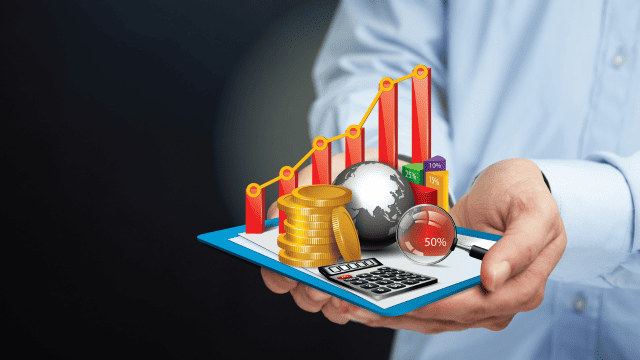
Expressing a thriving economy
When the economy is going well, we use specific phrases to describe its strength. You might say
The economy is booming
There has been an upturn in economic growth.
A strong economy can also be described as ‘robust’, so you could say,
We have a robust economy now.
Note: always use an article (A or THE) when talking about the economy.
Indicating an underperforming economy
Conversely, when the economy isn’t doing well, you might say,
The economy is really slow at the moment
There has been a downturn in economic growth
If things are looking particularly grim, you could state,
We are heading for a recession
We have a stagnant economy
Here, ‘stagnant’ means stuck or not moving, an adjective often used to describe unmoving, smelly water. In the context of the economy, it’s definitely a negative term.

IELTS speaking economic vocabulary
When talking about the economy in IELTS Speaking or IELTS Writing, certain terms frequently come up.
- ‘Inflation‘ refers to the rate at which prices for goods and services rise.
- ‘The unemployment rate‘ is the percentage of the workforce that’s without a job.
- ‘The interest rate‘ is how much extra money you pay when you return a loan.
- The ‘Gross Domestic Product‘ or GDP, is the total value of goods produced in a year within a country.
Describing economic movement
To indicate positive changes in economic indicators, we often use words like ‘rise‘, ‘climb‘, ‘increase‘, and ‘go up’.
For dramatic increases, we might say something ‘rocketed‘, ‘soared‘, or ‘shot up’.
For instance, we can say,
GDP has risen to 6%
GDP has risen by 6%
Note the difference between ‘to‘ (meaning the new current level) and ‘by‘ (indicating the amount of change).
For economic downturns, we use words like ‘fall‘, ‘decrease‘, ‘decline‘, and ‘drop‘.
For significant decreases, we might say the indicator ‘slumped‘ or ‘plummeted‘.
In the case of extreme highs or lows, idiomatic phrases are often used.
If something is very high, you might say
_____ is going through the roof these days
____has hit an all-time high
Conversely, if it’s at a very low point, you could say
_____ has hit rock bottom
In conclusion, learning these phrases and terms will certainly enhance your economic vocabulary and help you discuss complex economic matters with greater ease and confidence.
The next time you are faced with a question in IELTS Writing or Speaking that concerns the economy, you’ll be ready!

Improve your Speaking Skills with this Free Course
Crack IELTS Speaking Part 1
Learn to Speak with Confidence in Part 1 of Your IELTS Test!
⭐️⭐️⭐️⭐️⭐️
‘It’s such a great course. I’ve learned so many usages for speaking part 1.’
Zu Htet

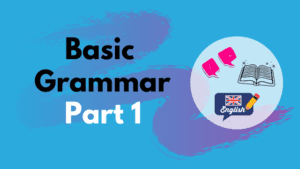
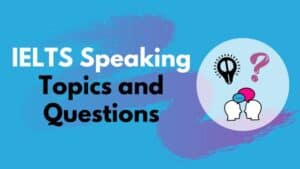
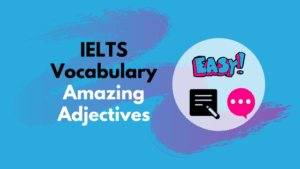

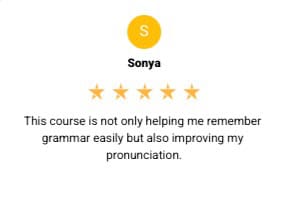
1 thought on “20 Useful Phrases to Discuss the Economy in IELTS Speaking”
Pingback: 20 Helpful Phrases to Focus on Enterprise in IELTS Talking - Meyild01